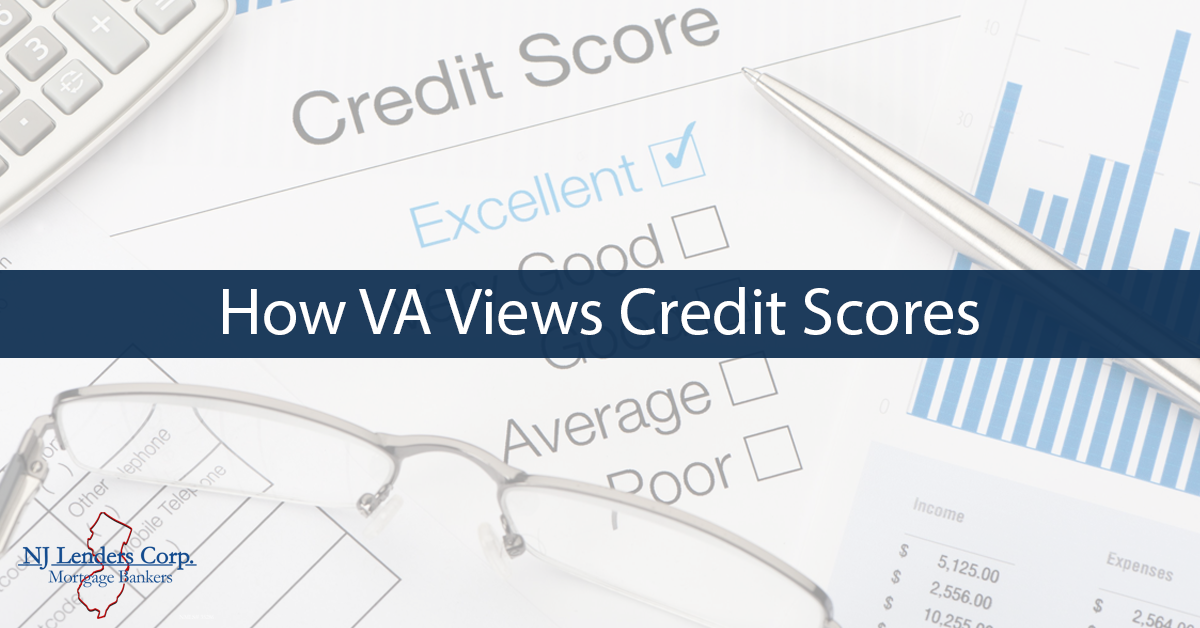
How the VA Views Credit Scores

The VA doesn’t require a certain credit score. Rather, the VA does task approved lenders to determine the veteran has established a responsible credit history over recent years. However, individual lenders do require a minimum score with few exceptions. The most common minimum credit score is 620.
There are three main credit repositories
- Experian
- Equifax
- TransUnion
All three use the same FICO algorithm to calculate a credit score. Yet while they all use the same algorithm most often the three scores are different.
For instance, a veteran submits a loan application for an approval, the lender then pulls a credit report as well as requests credit scores. The three reported scores are 710, 701 and 719. In practice, the lender will throw out the highest and lowest score and use the middle one.
If there are two people on the loan application the lender will also pull scores from the second borrower and use the lowest middle score of the two applicants. These scores may be different because different merchants report payment activity at different times and may not subscribe to all three agencies.
The five categories that affect a credit score and to what extent are:
- Payment history contributing 35% to the score
- Available credit at 30%
- Length of credit 15%
- Types of credit 10%
- Credit inquiries also 10% of the score.
Payment history reviews the most recent activity since inception to see if there were payments made more than 30, 60 and 90 days past the due date.
If a payment is made more than 30 days past the due date, the score will fall. If it’s an isolated incident it will have very little effect on the overall score. However, if a payment is made more than 60 or 90 days and is not an isolated incident, scores will deteriorate.
Available credit considers outstanding loan balances compared to credit limits. As an account balance moves past one-third of available credit scores will begin to fall. The closer the balance gets to the credit line scores will fall further and drop even more if the balance creeps above the line of credit.
The longer someone has had credit scores will improve. Different types of credit can also contribute to a credit score. Each time a borrower makes a request for new credit, a credit inquiry will be marked on the report. Occasional requests for new credit won’t negatively impact a score but multiple, recent requests will.